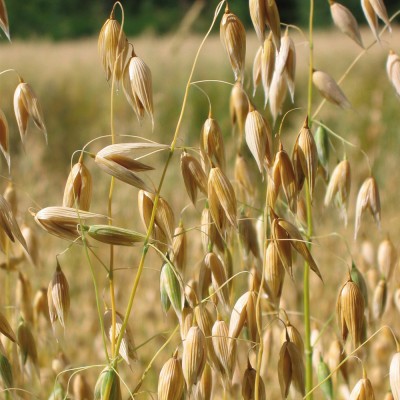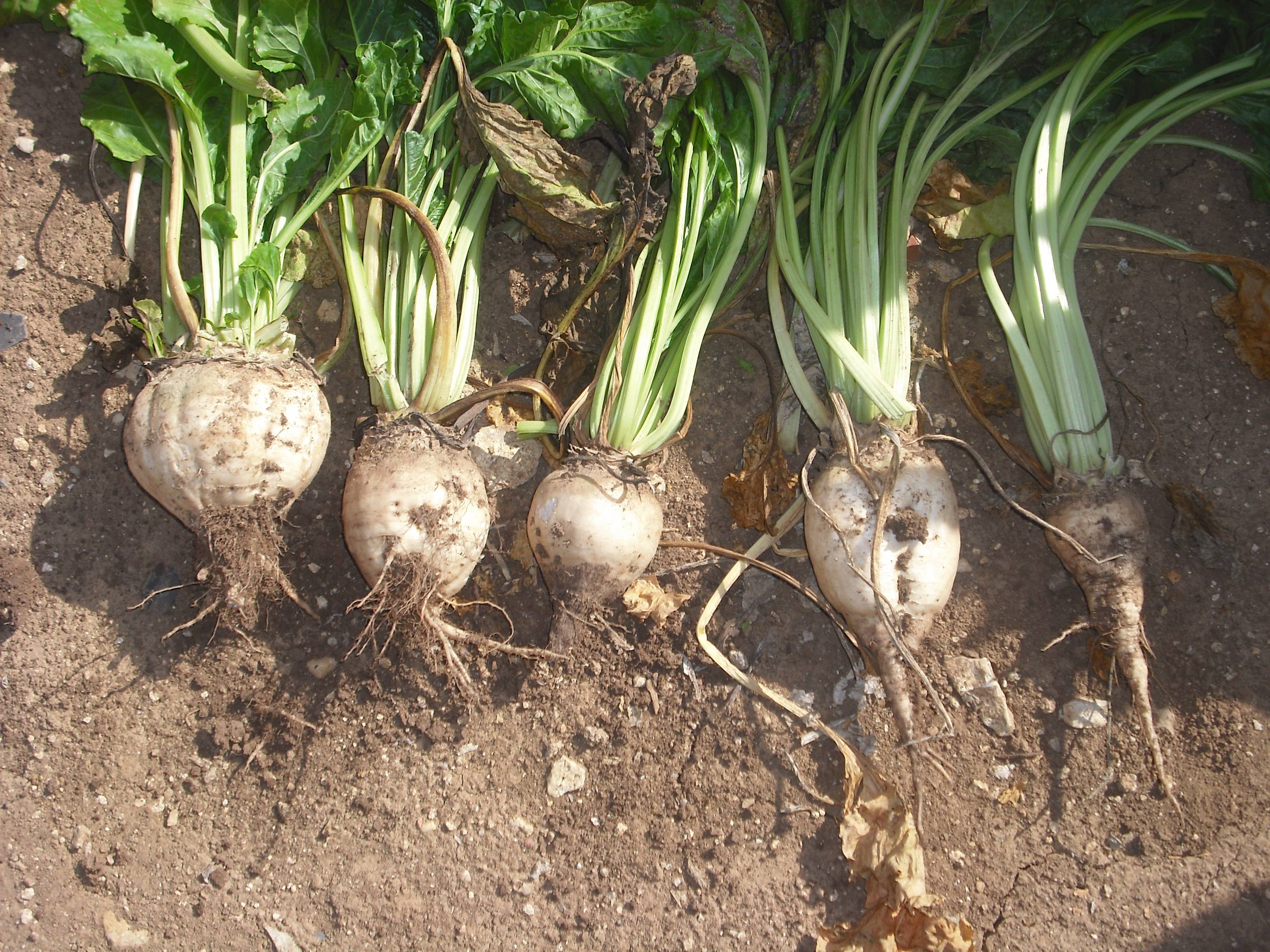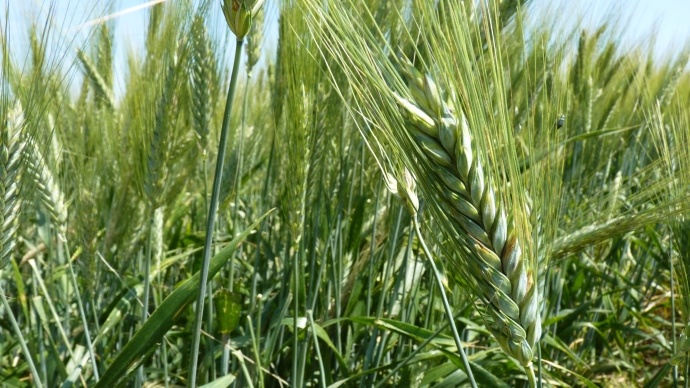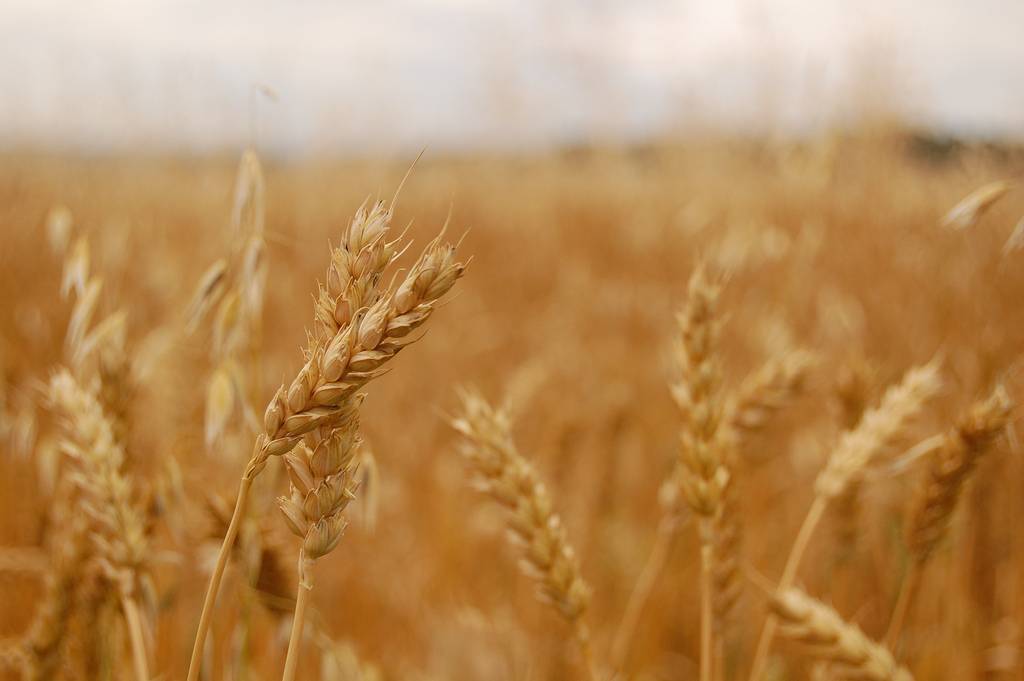Registration of Field and Fodder Varieties in the French Catalogue
Before a new variety can be placed on the market in France, it must be registered in the Official French Catalogue of species and varieties, also known as the National Listing. The registration of a variety is decided by the Ministry of Agriculture based on proposals from the French Technical Committee for Plant Breeding (CTPS). These proposals are obtained on the basis of studies carried out by GEVES for the CTPS.
The French Catalogue
For agricultural crops (field and fodder crops), the Official French Catalogue has several lists depending on what the varieties will be used for and what their registration entails. The main list, List A, is for varieties that can be multiplied and commercialised in France and by extension in Europe. List B contains varieties which can be multiplied in France for export beyond the European Union. List C was created for conservation varieties which have traditionally been grown in specific regions, and for the moment consists of 7 potato varieties and one maize, the Lacaune population. The last lists are for varieties reserved for industrial uses (List I), for hybrid parents for cereals (List P), or for variety associations of rape (List V).
A variety is registered for 10 years, after which its registration can be extended for a period of 5 years without further testing (except for fodder varieties, where extension is decided based on their performance).
To qualify for registration on List A of the French Catalogue, a new variety must meet 3 conditions:
- It must be recognised as Distinct, Uniform, and Stable. DUS tests are carried out to establish a variety’s identity; they also form the basis for seed certification and plant variety rights.
- It must offer improved performance or end-use quality, which is evaluated by VCUS testing.
- It must be designated by an approved denomination in accordance with the applicable rules.
The candidate variety is studied for two years in the CTPS’s national testing network, which is coordinated by GEVES. The decision rules are presented in the technical rules developed by the CTPS, and approved by the Ministry of Agriculture.
| Liste | Définitions | Nb de variétés au 30/08/2019 |
| A | Variétés dont les semences peuvent être multipliées et commercialisées en France et par extension en UE
| 3201 soit 78% |
| B | Variétés dont les semences peuvent être multipliées en France en vue de leur exportation hors de l’UE
| 863 soit 21% |
| C | Variétés de conservation cultivées traditionnellement dans des régions spécifiques et menacées d’érosion génétique (DHS allégée)
| 13 dont : 9 variétés de pomme de terre, 1 maïs (population Lacaune), 1 orge de printemps, 1 chicorée industrielle et 1 chou rutabaga |
| P | Parents d’hybride pour les céréales à paille | 14 |
| V | Associations variétales dont les semences peuvent être multipliées et commercialisées en France, et par extension en UE
| 1 variété de colza |
Pour répondre aux besoins de certains utilisateurs, il y a, à côté du Catalogue officiel, la liste des Variétés à Usage Industriels Réservés :
| Liste | Définitions | Documents |
| I | Liste I ou liste VUIR, Variétés à Usages Industriels Réservés (arrêté du 30 août 1994)
| VUIR_mais VUIR_céréales à paille |
Distinction, Uniformity and Stability (DUS) Testing
DUS tests are carried out to ensure that a new variety is Distinct from existing varieties, that its characteristics are Uniform, and that the variety is Stable with consistent phenotypic characteristics from one generation to the next.
DUS tests are carried out in accordance with harmonised EU protocols, based on plant material provided by the applicant. A variety description is produced, which is used to identify the variety. This description and plant material can later provide the basis for seed certification and plant variety protection applications.
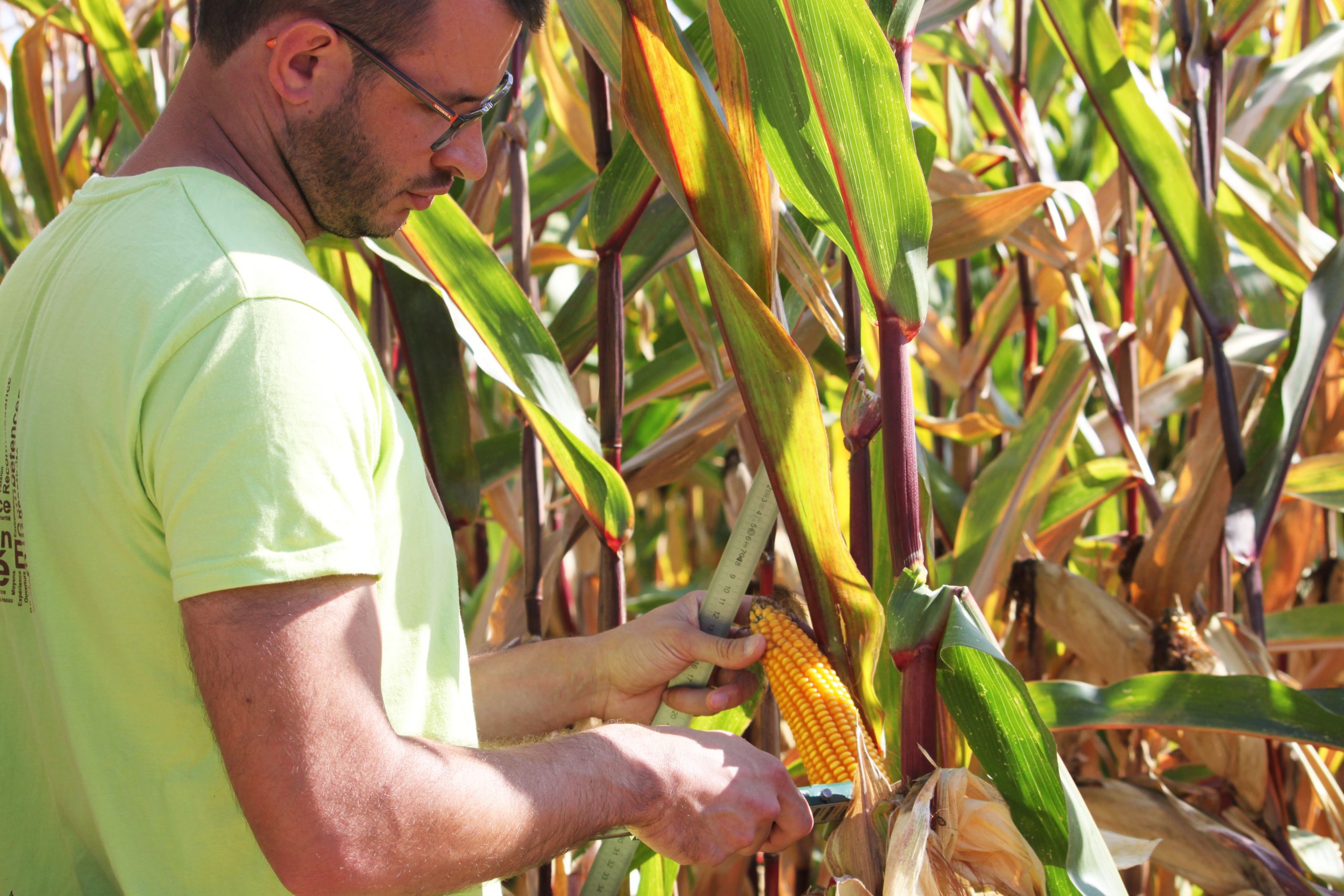
The DUS test generates a description of the variety detailing its relevant characteristics. For agricultural crops, morphological features and colour are mostly used (spikes, leaf shape, etc.) as well as phenological features such as flowering and ripening phases. Some species are also tested for disease resistance, such as the resistance of peas to mildew.
GEVES specialises in numerous agricultural and fodder species, and is entrusted by the Community Plant Variety Office for maize, soft wheat, durum wheat, barley, triticale, oat, rye, rice, sunflower, rape, flax, sorghum, beet, industrial chicory, fescue, cocksfoot, alfalfa, soy, castor, sesame, and more. To examine the distinctness of candidate varieties compared to similar existing varieties, GEVES owns extensive collections of well-known reference varieties. It also has extensive databases and software for comparing varieties.
Value for Cultivation, Use, and Sustainability (VCUS) Testing
VCUS tests are carried out for all agricultural crops submitted for registration in the Catalogue. The aim of these tests is to evaluate a variety’s suitability for growing in French agro-climatic conditions, and the use made of harvested crops and products produced from that variety. To qualify for registration, a new variety must have ‘added value’. This is established by comparing it to a set of existing reference varieties. This means that when a variety is published in the French Catalogue, all end-users can make an informed decision based on the information acquired over 2 testing cycles.
What the trials entail
Candidate varieties are evaluated on:
- Yield level
- End-use quality (protein content and micro-malting quality in winter barley, oil and protein content in rapeseed, animal feed quality in forage maize, etc.)
- Resistance to disease, pests, environmental aggressors such as wind and winter cold.
- Maturity, a deciding factor for most cultivated species.
In order to minimize the negative environmental impacts of agricultural productions, particular attention is given to a variety’s ability to adapt to environmental and growing conditions, its water and nitrogen efficiency, and its resistance to disease and pests.
As most of these characteristics depend greatly on the environment, trial networks are implemented to simulate the different environmental conditions that the variety could encounter. These trials last two years in order to account for climate variations from one year to the next. VCUS trials also have to represent actual farming practices. For cereal crops, trials are conducted in 2 cycles, with and without fungicide.
For most species, certain resistances to disease, pests, cold, wind, and other physiological accidents are examined in controlled circumstances. For this, GEVES is equipped with laboratories, greenhouses, INRAE greenhouses, and fields contaminated with the disease in question.
For forage plants, trials can last up to 3 years, with one implantation site and several years of harvest. This network, called a “CTPS network”, brings together experts from all CTPS structures (GEVES, plant breeders, ITA and INRAE) in addition to cooperatives and agricultural colleges. It is coordinated by GEVES.

To qualify for registration, a new variety must offer a clear improvement over existing varieties. This is evaluated by comparing the variety with well-established commercial varieties, also known as comparison varieties. Evaluations are carried out according to registration rules which are formalised by CTPS Expert Commissions and published in the technical regulations. Registration rules must allow for criteria other than yield disease resistance, maturity, and end-use. The number of criteria taken into account varies significantly depending on the species, from 3 for grain maize (yield, maturity, and lodging) to 24 for potatoes for consumption. As these rules define the criteria that varieties must meet to be registered in the French Catalogue, they play a key role in guiding genetic progress. They are constantly evolving to meet user and society needs, and take account of developments in plant breeding.
All you need to know in 2 pages about the study programme, the characteristics assessed and the VATE admission rules
These fact sheets provide, in French, a summary of the VATE study system and the references produced and available by species:
Registering for Organic Farming
The CTPS also accepts requests for Organic Farming. A cross-section commission within the CTPS was created in 2017 to promote the registration of varieties adapted to organic farming conditions in the French Catalogue.
For common wheat, a specific study system has been in place since 2010, combining assessment in conventional situations and assessment in AB situations (link to the summary document)
For soya, triticale and oilseed flax, the registration trial network includes organic situations.

